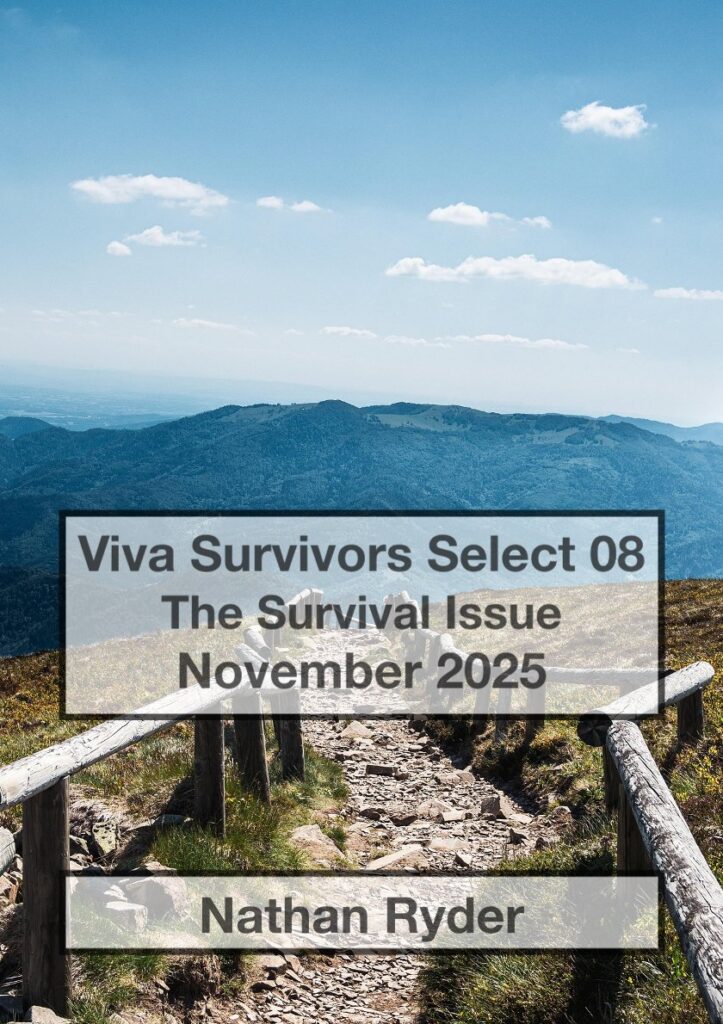Reviewing Literature
Your examiners are interested in your research, your thesis and you as the researcher who did it all. Bound up in all of that is your familiarity with the literature of your discipline. You don’t need to have read every paper before you got started. You don’t need to remember every detail of every paper or book you’ve read over the years of your PhD journey.
Your examiners expect familiarity. They expect a certain general understanding. And they expect a particular understanding of the works you’ve used and cited.
They don’t expect perfection though! Talk with your supervisors and your colleagues to get a sense of what might be expected.
Beyond that focus on the literature that has made a big difference. If you could recommend ten papers for someone to read to understand your topic what would they be? What paper was most influential for you and why?
PS: I explore more of what to expect from examiners and the end of the PhD in the latest issue of Viva Survivors Select. The Survival Issue contains twenty posts from the archive plus new writing on surviving the viva, working through the PhD journey and being ready for the challenges of the viva.
